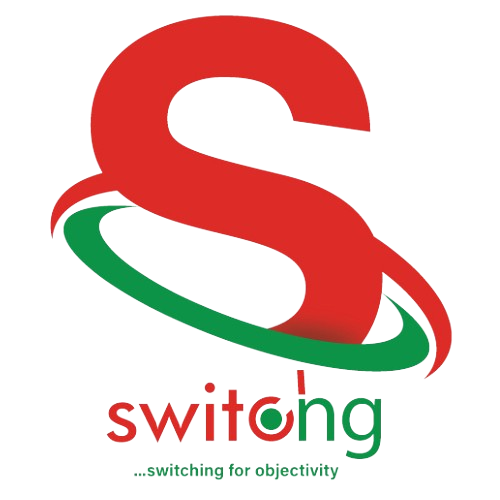The World Bank Group has advised Nigeria to lower its government borrowing from the Central Bank as a measure to alleviate inflationary pressure on the economy.

Alex Sienaert, the World Bank’s Lead Economist for Nigeria, made this recommendation during an economic review session at the Lagos Business School on Thursday.
While praising the government for its recent economic reforms, Sienaert emphasized the need to sustain these reforms to facilitate economic recovery from current shocks and achieve significant growth in the coming times.
He said: “The whole agenda of tackling inflation is obviously a huge one. Some ideas include reducing subsidised CBN lending to medium and large firms and the government borrowing from CBN.
“All of these things increase the money supply and reducing that will be helpful to reduce inflation, and then replacing imports with FX restrictions with tariffs.”
According to Alex Sienaert, the significant increase in petrol prices has put considerable pressure on Nigeria’s economy. To address this issue, he emphasized the importance of devising various solutions to generate more revenue and increase spending on critical priorities in the country.
Sienaert also mentioned that the Federal Government’s plan to disburse N8,000 as palliatives following the removal of fuel subsidy could lead to a 10% increase in the available earnings and income for about 50% of Nigerians. He pointed out that this financial assistance would benefit many individuals by ensuring they don’t have to skip meals, withdraw their children from school, or forgo necessary medical care.



